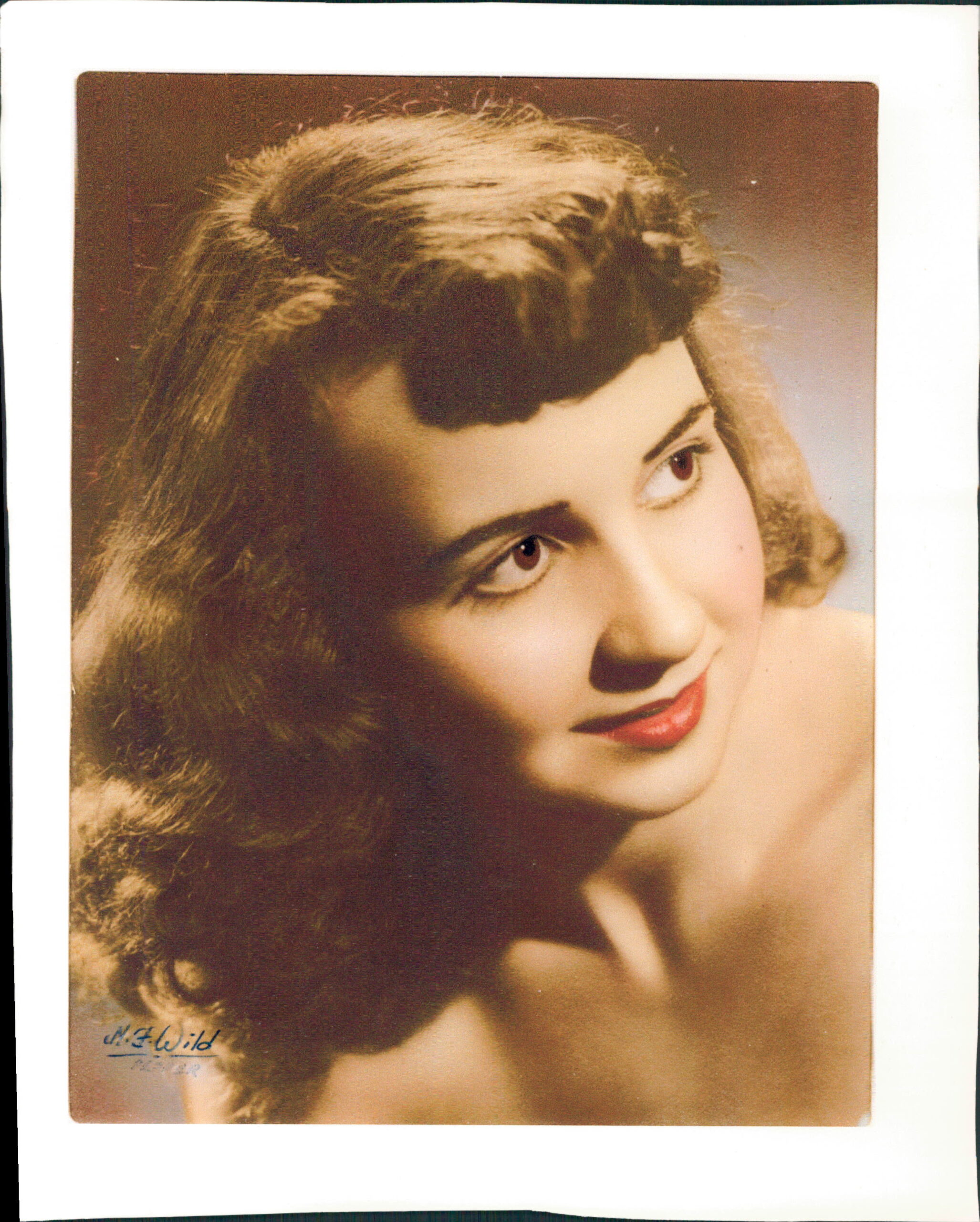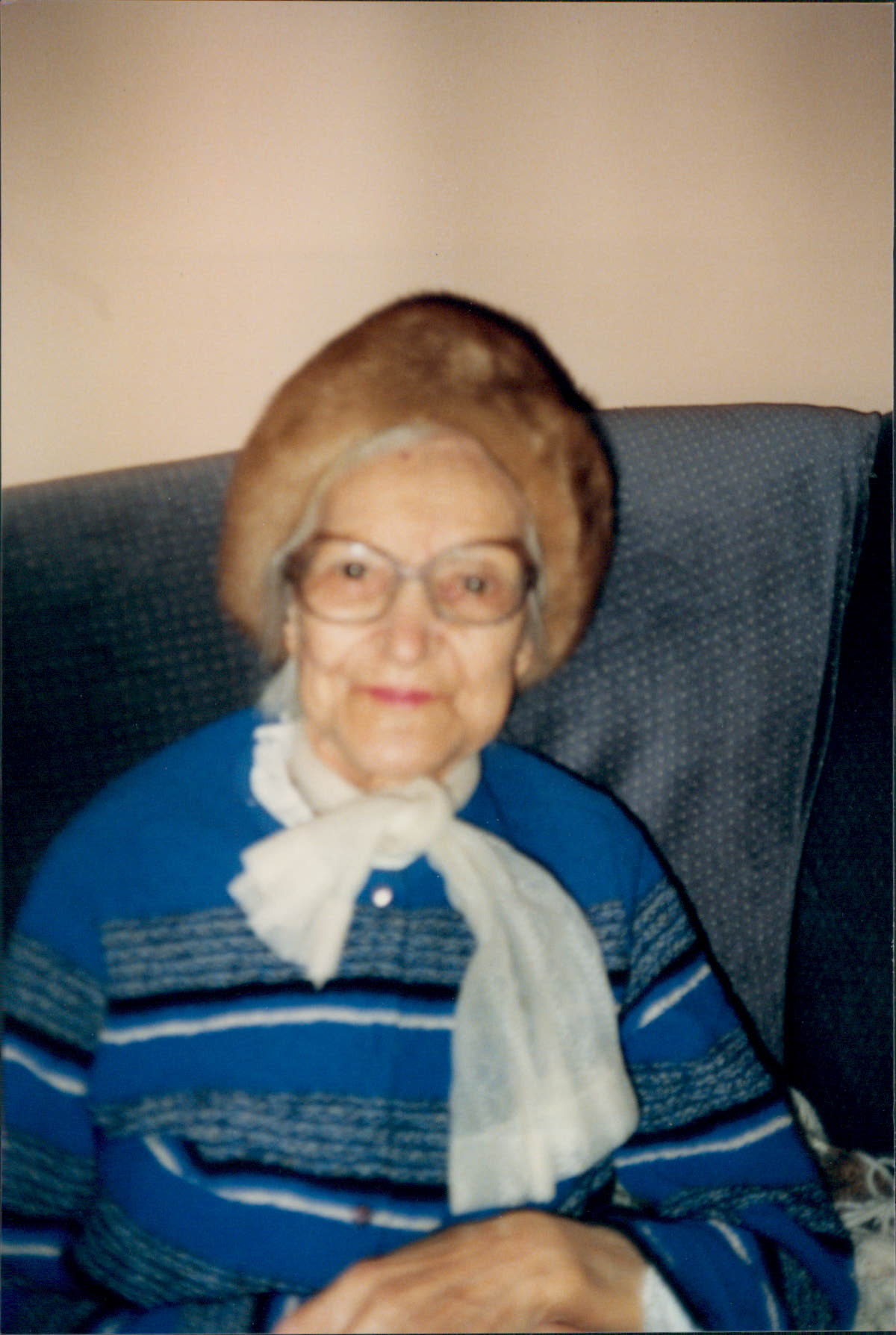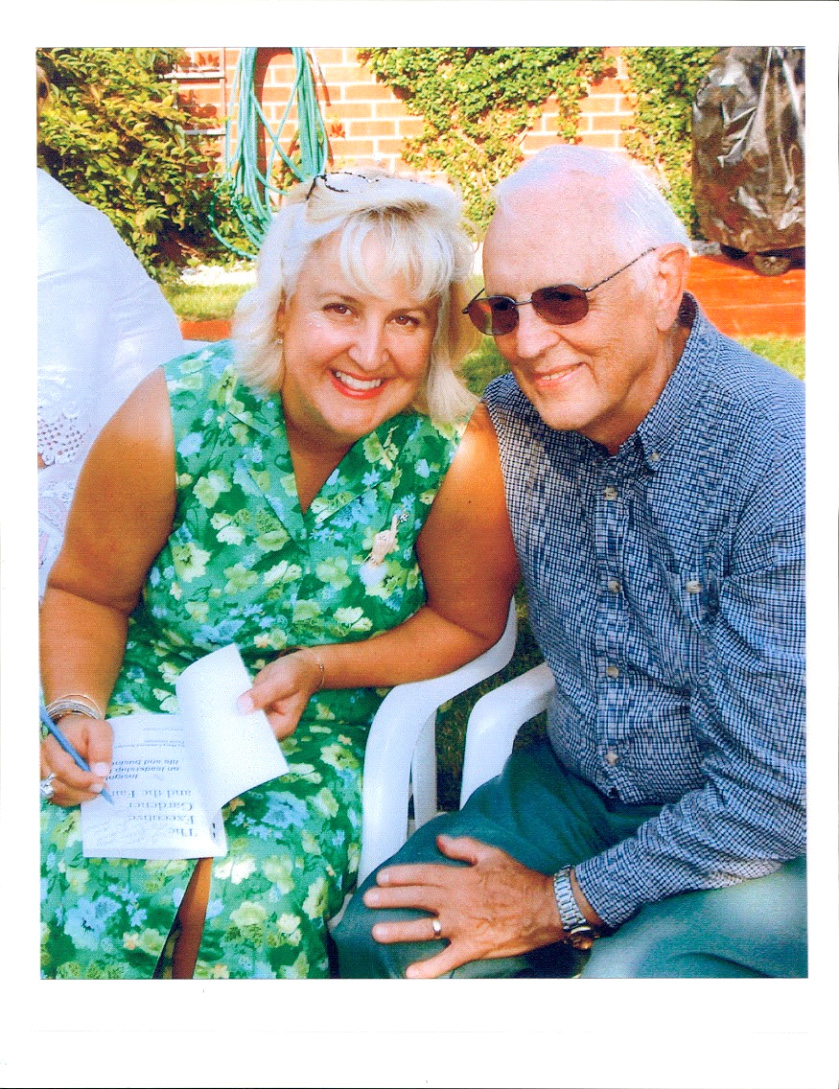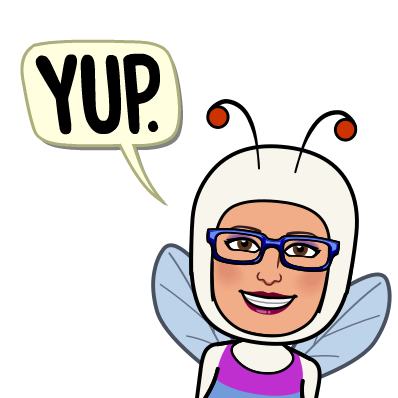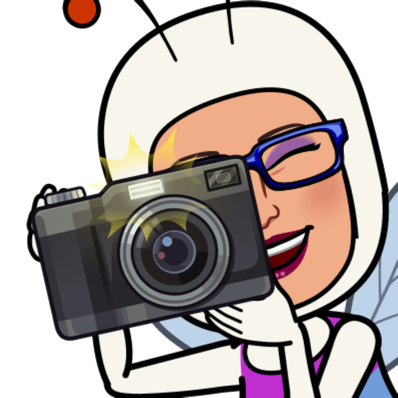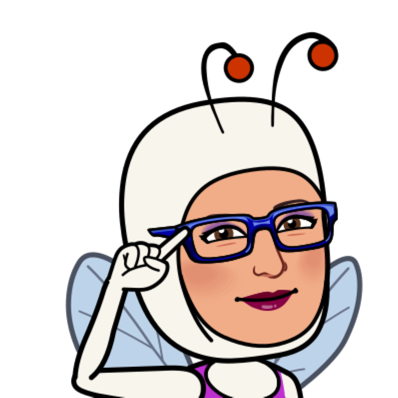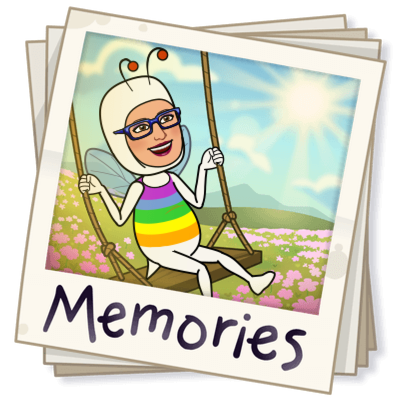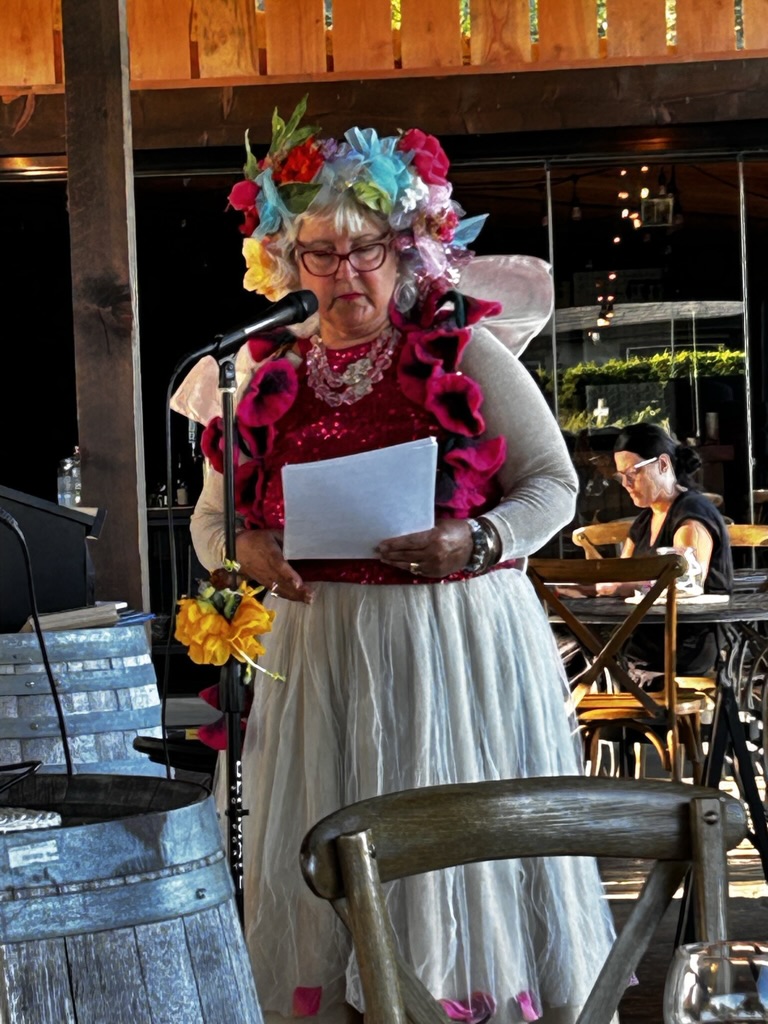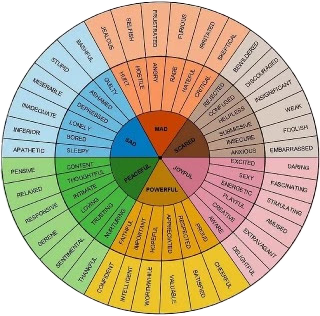Although we were close, my mother and I had a very turbulent relationship. I used to say, for my mother our relationship was like a goat giving birth to a monkey. I’d say our character was very similar, but our personalities were very different. Often, she commented that I was just like my father. Throughout my life, I have pondered our relationship in an attempt of making sense of it. One thing I do know my mom did the best she could do with what she had available.
Parenting isn’t just about guiding and providing, it’s about seeking to understand. It’s hard to understand when we can’t seem to find answers to our questions because the topic is not part of mainstream discussions or has limited or no research. The intent of this blog is to share my recent epiphanies about attention deficit hyperactivity disorder (ADHD), the influence it had on my relationship with my mom and offer encouragement to other parents to investigate and seek to understand ADHD.
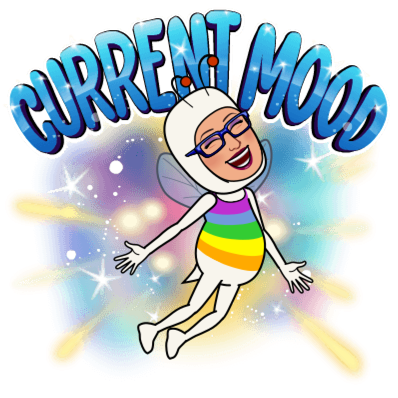
Recently, there have been several discussions about who in our family exhibits ADHD. In addition, I have been hearing from friends about a growing number of adults who are realizing that in fact, they have ADHD. In a conversation with a friend, a doctor of pediatric nursing, who is my age with adult children, we were discussing ADHD. After covering a ton of information in what seemed like a speed-dial conversation, we laughed and concluded we probably both have ADHD. She then shared a link to one of Gwyneth Paltrow’s Goop podcasts. Wow, it certainly gave me a greater understanding of ADHD and my relationship with my mom!
ADHD has always been a topic of interest for me as I taught several kids who struggled with the diagnosis. I was one of those teachers who supported parents who didn’t want to medicate their children. I agree with a fellow teacher and autism advocate, Teresa Hedley, who states, “skills over pills.” As a student of Dr. William Glasser’s Choice Theory, I believe that it’s in honing our understanding of our wants, needs and involuntary emotions that we can then build the skills and strategies needed to create our satisfying quality worlds. In the classroom, it was only when a child’s struggle to control their own behaviour was so extreme that it became a safety issue for them and the rest of us in the classroom, that I welcomed the idea of medication. (Some might laugh and ask: for you or the child? lol)
Then a close teacher friend got me rethinking the use of medication. In her case, her son was diagnosed with ADHD along with gifted exceptionalities. At six he was placed on medication to help him cope with the structure of the everyday enrichment classroom. Along with the medication she worked with him in self-evaluating and developing strong coping and communication skills and strategies. He has had a highly successful journey through the school system and is now in university. He is an incredibly confident and grounded young man who is an exceptionally empathetic, self-regulated, mature, young leader. Medication allowed this fellow to thrive not dive.
Back to parenting and research, it turns out that ADHD is hereditary. There is a 75 percent chance that if someone in a family has ADHD then the offspring will have ADHD. Years ago, we thought kids grew out of the disorder, however, we have now learned that most do not. Moreover, it becomes more complex as adult life grows in responsibility. As a friend of mine used to say, “Bigger kids, bigger problems.” As a result, these ADHD adults run a higher risk of a litany of secondary issues such as addiction, eating disorders, anxiety, and depression, just to name a few. It’s critical we are willing to identify ADHD within ourselves and our families and then tackle it with the appropriate strategies.
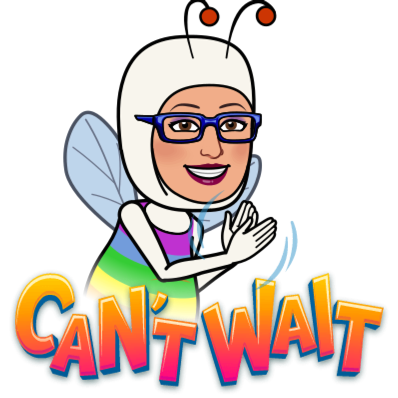
When one of our sons was in his early teens, a fellow basketball parent/friend who happened to be a teacher turned to me and said she thought our son had attention deficit disorder (ADD). No, he wasn’t hyper, but she saw that he appeared to show symptoms of ADD. I winced and dismissed her ‘advice’. This son has since discussed the topic with me chuckling saying, “Yep, I think I do have ADD.” He has built skills and strategies to cope with the negative sides of ADD and he has chosen a career in an industry that fits his ADD strengths. It is interesting that his self-diagnosis of ADHD has allowed him to surrender to embracing his strengths and working with his weaknesses. Through his reading, he has found peace in knowing the roots of some of his challenges.
How far does the family ADHD connection go? Two people who immediately come to mind are my grandmother and my father. I certainly wonder if my maternal grandmother was ADHD. She was exceptionally creative, a risk taker and an entrepreneur. Moreover, she was always on the move. My father typically could not sit still. He favoured having ongoing projects and often when sitting you could see his leg bouncing up and down. He was a workaholic and very creative. He was constantly losing things like his wallet or keys. He would underestimate the amount of time something would take or bite off more than he could chew. He was often known to appear like he wasn’t listening to conversations, lost in thought. In his retirement years, he spent time, wood carving, gardening, sketching and painting.
I was told stories by my mom that I was walking by 10 months. Much to my mother’s terror, when I was under two years, I was known to escape the house and wander in a diaper through the neighbourhood backyard. At five, I remember waking up and setting a visiting route. I would head out into our townhouse complex on my own, visiting neighbours. In time, when my mother met people she would hear, “Oh you’re Mary Catherine’s mother.” Throughout childhood, I loved creative projects. Today as an adult, I need to engage in creativity week otherwise I’m miserable. I loved my career as a teacher as it gave me a great creative platform. I’m constantly biting off more than I can chew. When setting forth to accomplish tasks, I typically juggle several things at once and I am prone to impulsivity. Hmmm, the more I think about it the more I believe that I too am on the ADHD spectrum.
As previously mentioned, my mother pretty much had the opposite personality to mine. She was calm, although could be social, favoured introversion, was not impulsive and was conservatively creative. She wanted to direct and control me, but my free spirit was not to be harnessed. In the Goop podcast, Kathleen Nadeau points out that the relationship between non-ADHD mothers and ADHD daughters is extremely difficult. Bingo! This describes my relationship with my mother…extremely difficult.

Reflecting back, what is my advice to parents?
First, take a deep breath, repeat to yourself, “inch by inch”, then wade into reading the research and seeking advice from medical professionals, educators, and other parents. There is no one size fits all and as the saying goes, Rome wasn’t built in a day.
Second, error on the side of abundance (positive, forgiveness, and generosity). Remember that the challenges presented with ADHD can be exhausting and confusing. Take the time to relax, debrief and be in the moment with no expectations. This advice is for both you and your child. Try to forgive and forget, given that ADHD impulsiveness can create chaos and stress. Not sweating the small stuff and focusing on accomplishments and gains helps build confidence and hope.
Third, stay open to different kinds of therapeutic approaches. Remember there is behavioural, medication or a combination of therapeutic approaches. I was a teacher who was resistant to seeing kids medicated. I pretty much ignored any possibility that my children could have had ADHD because they didn’t present with hyper behaviour. Still, in fact, they could have fallen into the inattentive category. I’ve learned that there is no one size that fits all.
Fourth, remember if ADHD is only identified in adulthood, it could be the root of or inflaming other issues such as anxiety, depression, addiction and other disorders. It is worth digging deeper. Treating ADHD might relieve other co-existing issues.
Last, ADHD might be contributing to the difficulties in your relationships with others, particularly between parents and children. It makes more sense when I link my mom’s constant reference that I was just like my father (Mr. ADHD), my intuitive reflection that my mom (goat) gave birth to a monkey, my energy and activity as a child and as an adult and my need for creativity. I do feel a sense of relief when I apply my ADHD self-diagnosis to my relationship with my mom. Maybe the tension in your relationship with your child might be due to one of you exhibiting ADHD, which adds to confusion and tension?
In summary, hindsight is 20/20 and it can bring peace of mind as we age. In addition, we can share these insights with others in hopes that they might garner inspiration and make changes. I have to say, although my mom and I struggled with tension, we both never gave up. I guess we intuitively knew something was getting in the way of ‘seeking to understand’ in our parent-child relationship. Goats can give birth to monkeys and learn to coexist.
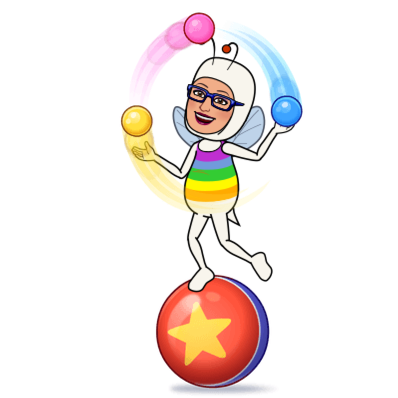
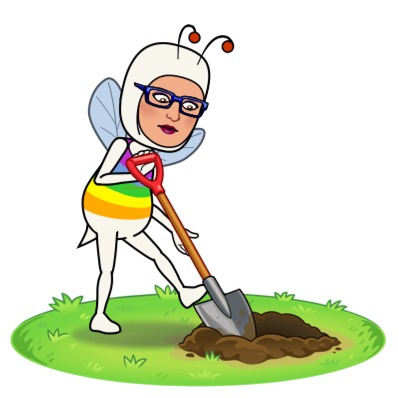
Dig Deeper
Further Investigation:
- https://www.helpguide.org/articles/add-adhd/when-your-child-has-attention-deficit-disorder-adhd.htm
- https://www.healthline.com/health/adhd/parenting-tips
- https://www.talkwithfrida.com/learn/9-common-symptoms-of-adhd-in-women/

